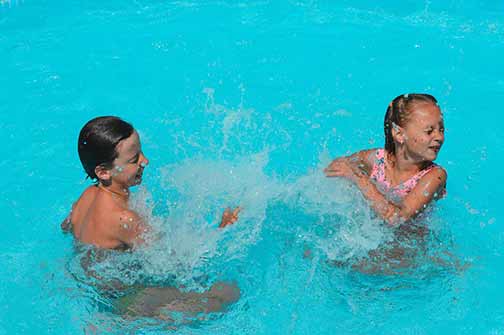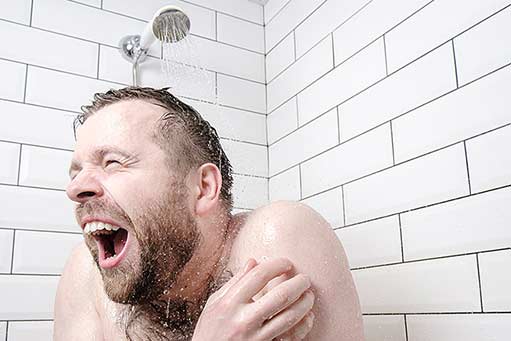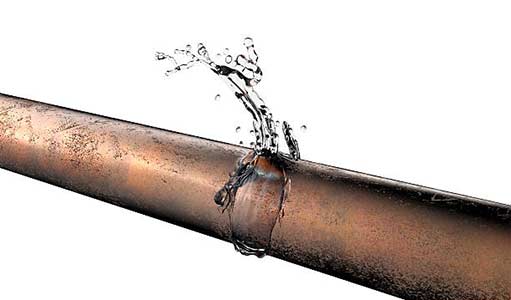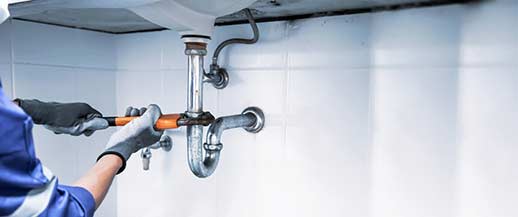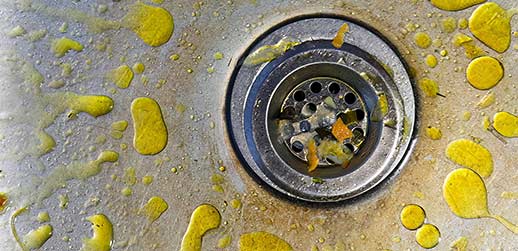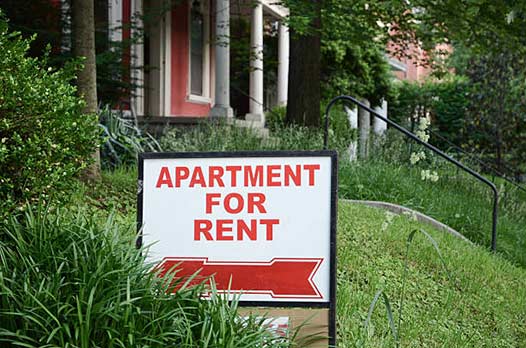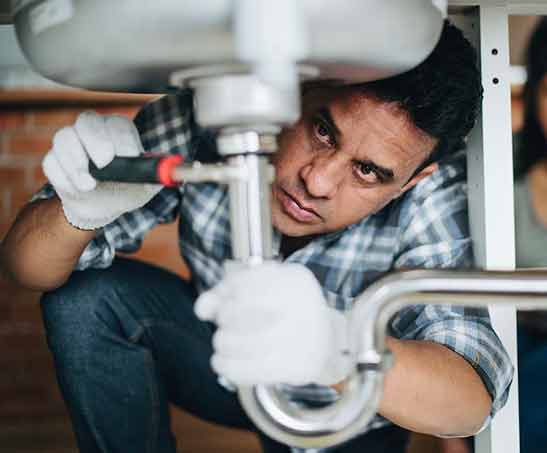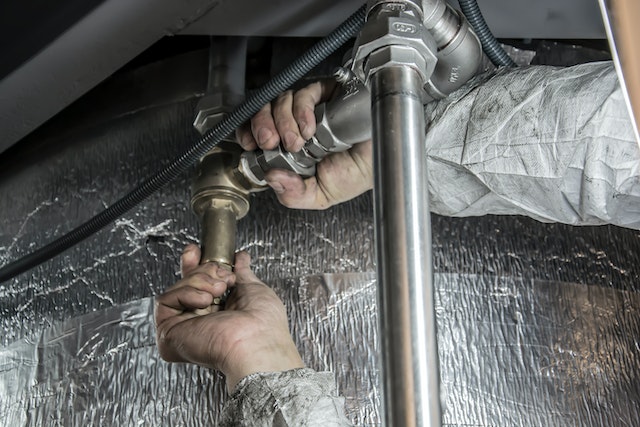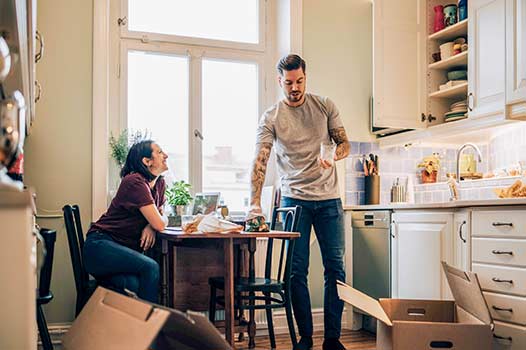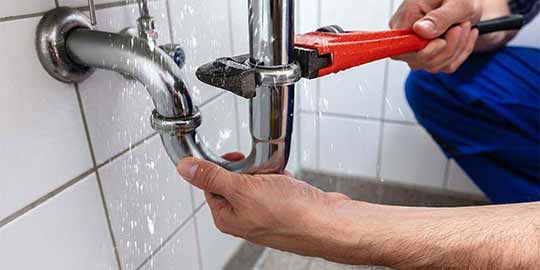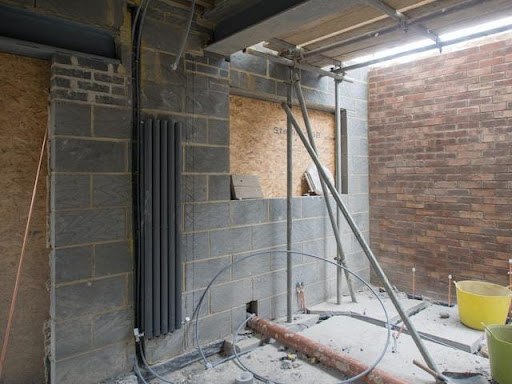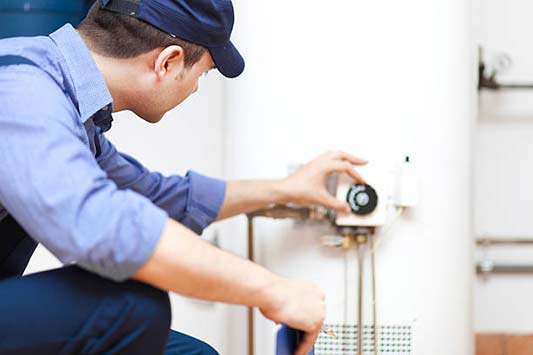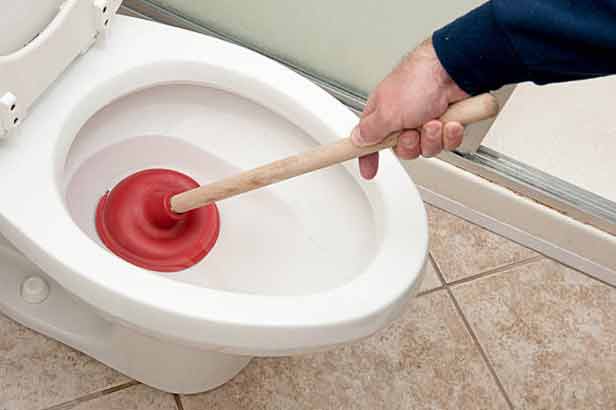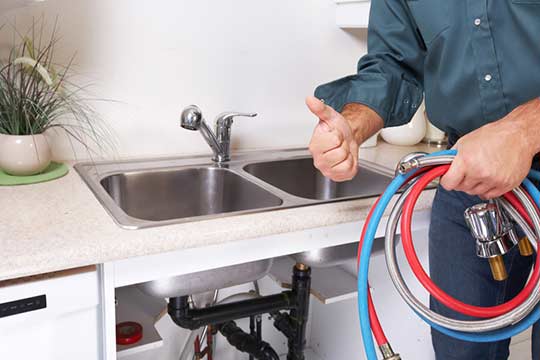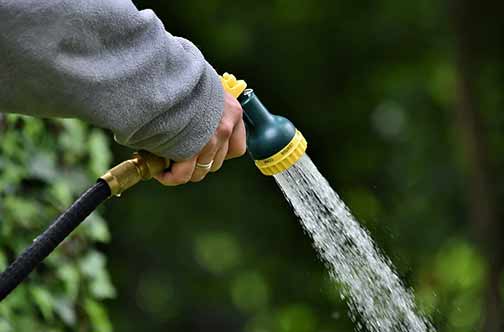During the hot summer months, it is important to pay extra attention to the health of your plumbing system. The rise in temperature can have a significant impact on your pipes, fixtures, and overall plumbing infrastructure. By taking a few preventive measures, you can ensure that your plumbing system remains in optimal condition throughout the summer season. Here we will provide you with some valuable tips and guidance to maintain the health of your plumbing system during hot weather.
The Importance of Plumbing Maintenance
Before we delve into specific maintenance tips, it is crucial to understand why plumbing maintenance is vital, especially during the summer months. Plumbing systems are susceptible to certain issues that are more prevalent in hot weather conditions. By staying proactive and implementing preventive measures, you can avoid costly repairs, water wastage, and inconveniences caused by plumbing emergencies.
Check for Leaks
One of the primary initiatives you can take to maintain your plumbing system’s health during the summer months is to regularly check for leaks. Excessive heat can cause pipes to expand and contract, increasing the risk of leaks. Keep an eye out for any visible water leaks or damp areas around your pipes, faucets, or toilets. If you notice any leaks, address them promptly to prevent further damage.
Inspect Outdoor Faucets and Sprinkler Systems
Outdoor faucets and sprinkler systems are particularly susceptible to damage during hot weather. Constant exposure to sunlight and high temperatures can lead to cracks, leaks, or malfunctioning valves. Inspect all outdoor faucets and sprinkler heads for any signs of damage or leaks. Replace or repair any faulty outdoor faucet components to ensure proper functioning and prevent water wastage.
Protect Pipes from Sun Exposure
Direct exposure to sunlight can significantly impact the health of your plumbing system’s pipes. Inspect any exposed pipes, both indoors and outdoors, and consider insulating them with pipe sleeves or wraps. This insulation will shield the pipes from excessive heat and prevent them from expanding or bursting. Additionally, it will help maintain a consistent temperature of the water flowing through the pipes.
Be Mindful of Water Pressure
High water pressure can strain your plumbing system, leading to leaks, burst pipe emergencies, and other issues. During the hot summer months, it is essential to monitor your water pressure closely. Use a pressure gauge to measure the pressure and ensure it stays within the recommended range. If you notice unusually high pressure, consider installing a pressure regulator to protect your plumbing system from potential damage.
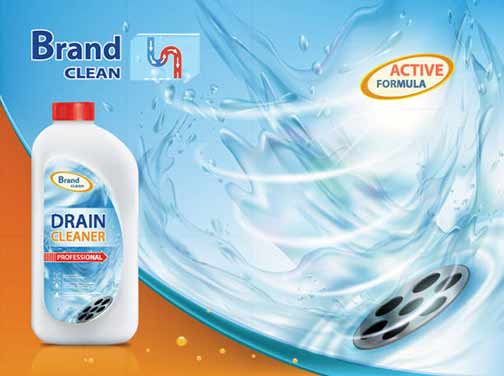
In the event of a clogged drain, resist the temptation to use chemical drain cleaners. These harsh chemicals can corrode your pipes and fixtures, causing long-term damage.
Maintain Proper Drainage
Effective drainage is critical for a healthy plumbing system. Inspect your drains regularly, particularly those in basement areas prone to flooding. Clear any debris, such as leaves or dirt, and ensure that the drains are free-flowing. Additionally, make sure your gutters and downspouts are clean and directed away from the foundation of your home to prevent water pooling around your property.
Avoid Chemical Drain Cleaners
In the event of a clogged drain, resist the temptation to use chemical drain cleaners. These harsh chemicals can corrode your pipes and fixtures, causing long-term damage. Instead, opt for natural drain cleaning methods such as using a plunger or a mixture of baking soda and vinegar. If the clog continues, it is advisable to contact a professional plumber who can safely unclog your drains for you.
Keep an Eye on Your Water Heater
Your water heater works harder during the summer months to meet your increased demand for cold water. It is crucial to inspect your water heater regularly and ensure it is functioning properly. Check for any signs of leaks, unusual noises, or inadequate hot water supply. Consider flushing the water heater tank to remove any sediment buildup and improve its efficiency.
Take Precautions During Vacation
If you plan to go on vacation during the summer months, it is essential to take some precautions to protect your plumbing system while you are away. Shut off the main water supply to prevent any potential leaks or bursts. Consider draining your pipes by opening all faucets and flushing toilets once the water supply is turned off. These preventative measures can save you from coming back to plumbing issues after your vacation.
As the temperature rises, it is crucial to prioritize the health of your plumbing system. By implementing the tips mentioned above, you can ensure that your plumbing remains in optimal condition during the warmer summer months. Regular checks, preventive measures, and staying mindful of water usage can go a long way in preventing costly repairs and maintaining the efficiency of your plumbing system. Remember, if you encounter any complex plumbing issues, it is always recommended to seek the assistance of a local plumber.
